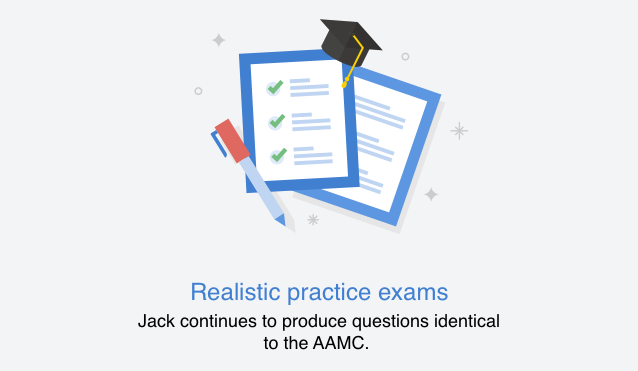Classifying Psychological Disorders
Although a number of classification systems have been developed over time for the diagnosis of mental disorders, the one that is used by most mental health professionals in the United States is the Diagnostic and Statistical Manual of Mental Disorders (DSM). The first edition was published in 1952, and the 5th (and most recent) edition (known as the “DSM-5”) was released in 2013. The DSM is the standard classification manual of mental disorders and contains a hierarchy of diagnostic criteria for every mental-health disorder recognized by the American Psychiatric Association. Its classification scheme is not based on theories of etiology (cause) or treatments of different disorders. Rather, it is based on descriptions of symptoms. It used by clinicians to fit lists of compiled symptoms from a patient into a category and thus to diagnose that patient. The DSM-5 has 20 diagnostic classes of mental disorders.
Abnormal psychology is the study of patterns of unusual behavior that deviate from the norm – these may or may not be related to psychological disorders. In order to classify behavior as abnormal, psychologists generally look at 4 criteria: violation of social norms, statistical rarity in the population, personal distress and maladaptiveness (meaning that the behavior interferes with the person’s norma. life).
Rates of Psychological Disorders
Rates of psychological disorders may be higher than what one would expect. In America alone, 25% of adults will be diagnosed with some form of mental disorder in their life.
Practice Questions
Khan Academy
Gender differences in symptoms of major depressive disorder
MCAT Official Prep (AAMC)
Online Flashcards Psychology Question 7
Practice Exam 1 P/S Section Passage 2 Question 5
Practice Exam 2 P/S Section Passage 10 Question 53
Practice Exam 4 P/S Section Question 25
Key Points
• According to the biopsychosocial approach, illness cannot be understood by only examining biological factors. Instead, illness is determined by a variety of influences, and the causes and effects of illness can be examined at multiple levels in the life of an individual.
• Biomedical therapies approach psychological disorders as having biological causes and focus on eliminating or alleviating symptoms of psychological disorders.
• The DSM guides the diagnoses of psychological disorders; it has been revised many times and is both praised and criticized.
• The most recent edition of the DSM (DSM-5) has 20 diagnostic classes of mental disorders and over 230 mental disorders.
Key Terms
Biopsychosocial approach: approach to healthcare that highlights the importance of the psychological and sociological study. T
Biomedical approach: focuses on the biological aspects of the illness
Etiology: study of causation
DSM-5: the 5th edition of a text book used to classify symptoms of mental disorders
Symptom: a physical or mental feature which is regarded as indicating a condition of disease
Abnormal psychology: the study of patterns of unusual behavior that deviate from the norm – these may or may not be related to psychological disorders









